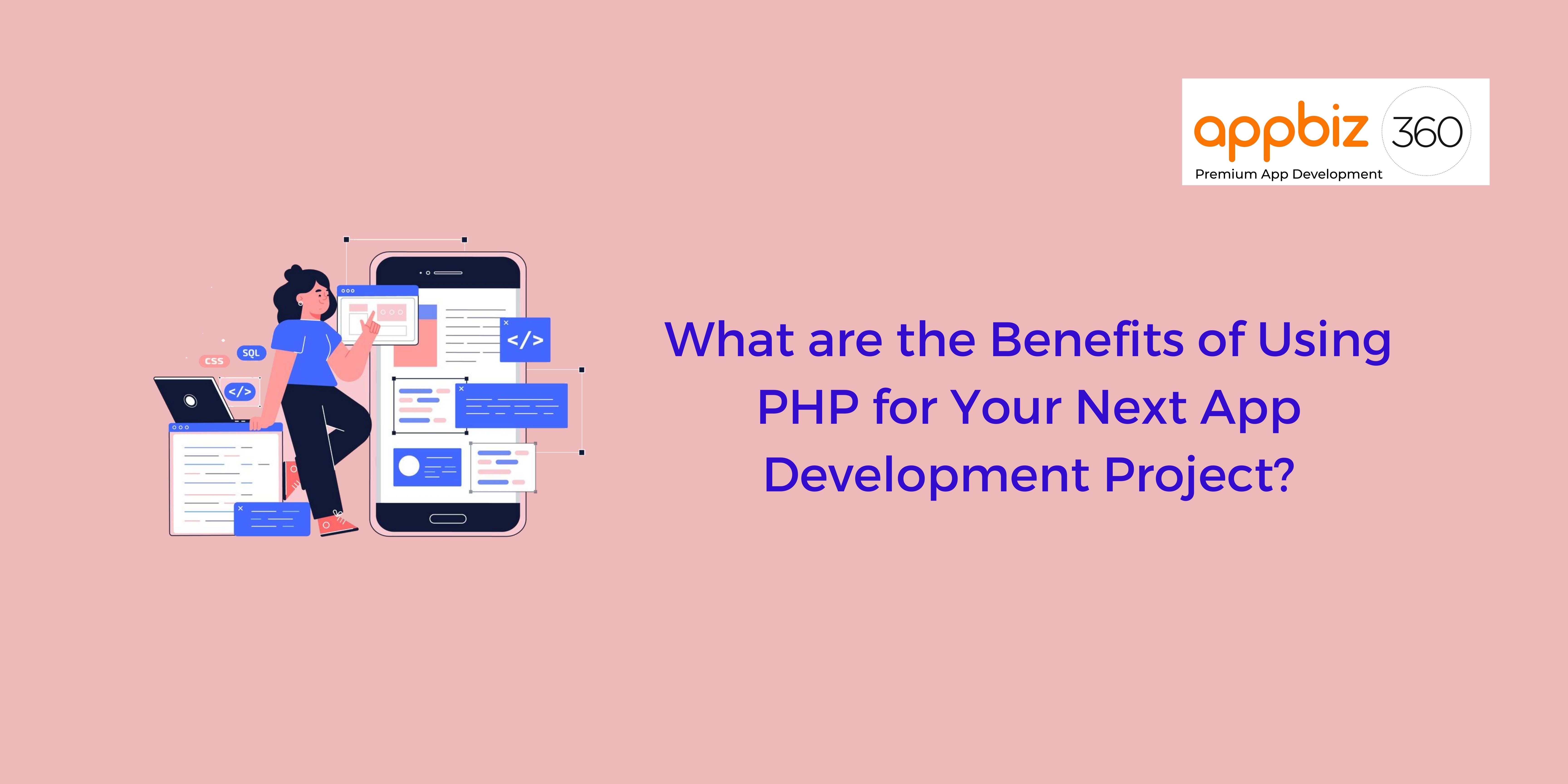Follow Us
Mobile App Development
What are the Common App Security Issues? How to Tackle Them?

Web and mobile apps are turning out to be the ultimate tools for businesses and marketers to generate profitability in these tough and trying times when survival is impossible for any business that is still following the traditional paths to success. Realizing the immense potential, the apps hold, more and more entrepreneurs and startups are now considering having an app to showcase their products, services, brands, and offers.
An app can do wonders for any business today if marketed properly. But before you start investing your money, time, and effort on marketing an app, make sure the app is market-ready. Yes, now you would say “I had hired the best mobile app development agency in the town for the job.” This confidence must have sprouted from the great functioning app that has been delivered to you by your mobile app development company. But, are you sure the app runs equally well on other devices too? Have you checked it on other networks than yours? Have you ensured the app is safe against malware and viruses?
Even if your mobile app development company has tested the app for performance on multiple devices, you must ensure it is safe as well. Apps that are potentially unsafe may be immediately uninstalled by your users and invite negative reviews and poor ratings from those who installed it and found it fishy. In this blog, I will talk about the common app security issues and how you can deal with them and tackle them. But before that let’s quickly understand the concept of app vulnerability.
An app vulnerability refers to a weakness or flaw in the system of an app that hackers can exploit to hack it. As soon as the hackers get to know about the flaw and find out the way to access it, they can exploit the vulnerability to carry out a cybercrime targeting the integrity, confidentiality, and availability of all the resources the app possesses. Having such an app on your device may put other apps (online wallets and banking apps are the most favorite targets of hackers) also at risk. Hence, paying attention to app security should be your first and foremost priority (of course, besides UI/UX and performance).
The common app security issues at a glance
-
Cross-site scripting
-
Fraud via proxy
-
Cookie stuffing
-
HighRiskIP
-
Ad frauds
-
Location spoofing and masked IP
-
Complete mobile app and device hijack through unauthorized access
-
Fraud through rooted devices or virtual devices, such as emulators & simulators
Hackers may employ virtual devices, location spoofing, IP masking, and other ways to camouflage their exact location/ID to take advantage of a single instance of your business app. Now that you know the security issues, you must ensure your app has the following features before launching it:
-
Key management
-
Encryption / decryption
-
Detection and blocking of Fraud
-
Detecting and blocking unauthorized / fraud users
While protecting your app against unlawful hacking is an important aspect of app security, there is still more to app security. Do you know businesses, particularly startups, end up losing billions of dollars across the globe to these security loopholes in their mobile and web apps?
How startups can ensure minimum app security at zero cost?
Thanks to the availability of online resources and mobile app frameworks (like fimo360), startups can now ensure minimum app security without spending money or time. To learn more about fimo360, please talk to the app security experts at appbiz360 or visit their website.
Disclaimer: The information about app security issues and solutions in the blog above is based upon thorough research, understanding of the seriousness of the issue, and available remedies for the app security challenges. For an expert opinion, you may talk to the app security professionals like those at appbiz360.
Latest Posts
appbiz360 NEWSFEED
Sign up for the appbiz360 newsfeed by adding your email address in the form below:

















